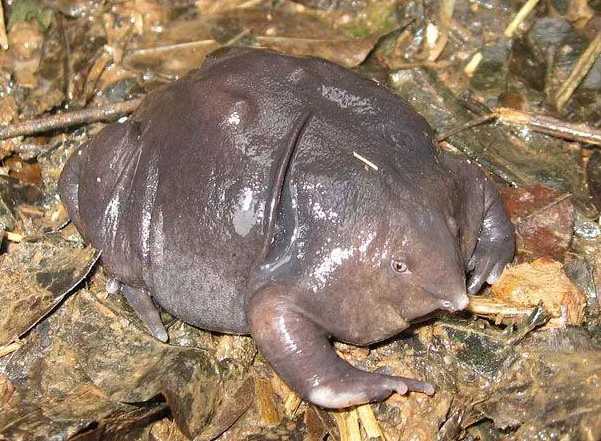
The Office of the United States Trade Representative (USTR) announced the initiation of a Section 301 investigation into Brazil. The probe will examine whether Brazil’s policies and practices in areas such as digital trade, electronic payment services, "unfair" preferential tariffs, intellectual property protection, ethanol market access, and deforestation-related measures negatively impact U.S. trade interests.
Section 301 of the U.S. Trade Act allows the USTR to investigate and respond to foreign trade practices deemed unfair to U.S. businesses. This latest action targets specific sectors where the U.S. claims Brazilian policies create barriers—for example, restrictions on U.S. firms in Brazil’s digital payment systems and alleged inequalities in ethanol trade terms.
Foreign media analysis suggests the investigation marks a significant escalation in trade tensions between the two countries. Brazil, a major trading partner of the U.S. in agriculture and energy, has not yet publicly responded, but experts anticipate potential retaliatory measures, such as adjusted tariffs on U.S. goods or shifts in import sources.
The USTR has not specified a timeline for the investigation but noted that it will gather input from stakeholders, including U.S. businesses and industry groups. The outcome could lead to trade sanctions, tariff adjustments, or demands for policy changes from Brazil, further straining bilateral economic relations.
As the world’s two largest economies in agricultural exports, any escalation in trade disputes between the U.S. and Brazil could also affect global commodity markets, from ethanol prices to agricultural supply chains, with ripple effects felt by producers and consumers worldwide.





